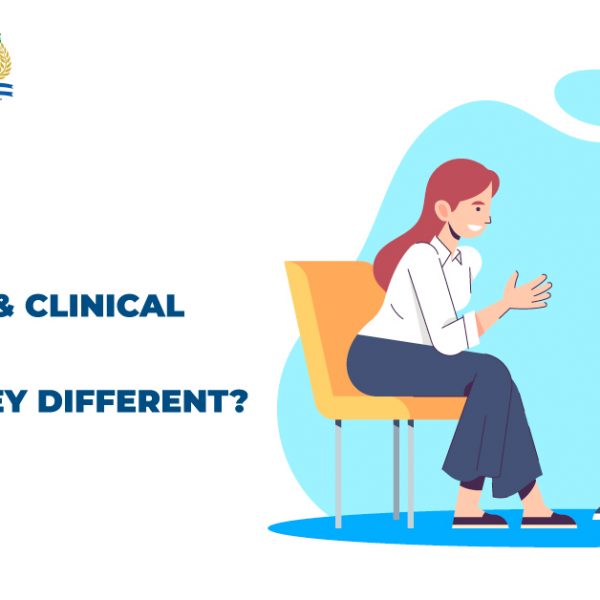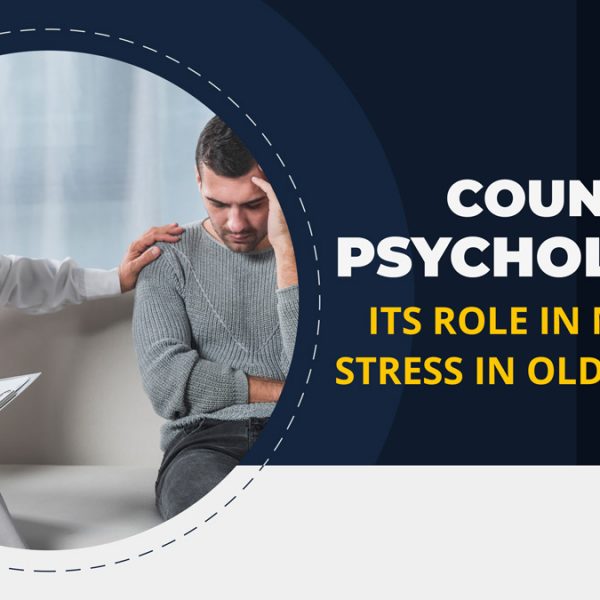Blog Summary
The LGBTQ+ community faces harassment and discrimination worldwide. They do not have a habitable and safe place to live and openly express their sexual orientation freely. Their fundamental rights are restricted due to social practices and traditions. Dr. Nathaniel Acolatse’s studies provide insights into the mental health of the LGBTQ+ community members in Ghana affected due to stress, depression, anxiety, and other physiological issues. It also includes recommendations to improve the quality of their life and mental well-being.
Worldwide, lesbian, gay, bisexual, and transgender of the LGBTQ+ community go through harassment, discrimination, and victimization. Moreover, several countries also contribute to this issue by not granting a habitable condition and safe place for LGBTQ+ individuals to live and openly express their sexual orientation freely.
In almost every other country, LGBTQ+ members are suppressed and constrained by a complex web of social practices, traditions, and outdated laws that hinder their rights. Rights such as liberty, life, security, and even other fundamental rights such as freedom of expression, freedom of association, education, employment, healthcare, and private life.
Ghana is one such country located in the western part of the African continent where it shares borders with Burkina Faso and Togo, Côte d’Ivoire. It is home to over 30 million people, including various ethnic, linguistic, and religious groups.
The bulk of studies carried on LGBTQ+ individuals in Ghana have focused chiefly on reports from the state institutions, media, laws, and public opinions. However, few of these studies focused on individual cases and related to the members of the LGBTQ+ community’s mental and emotional health.
A study by researcher Dr. Nathaniel Acolatse provides an excellent insight into the mental health of the LGBTQ+ community members in Ghana and how to improve it with the clinical approach.
This study intends to study the mental health of the LGBTQ+ population residing in Ghana. Conducted using questionnaires separated into two sections consisting of mental health scale with 18 items ranging from self-injurious behavior to suicide attempts. With 494 participants from different demographic and geographic disparities, the study revealed the various levels of stress, depression, anxiety, and other physiological issues among the LGBTQ+ community members throughout their life.
The study also reveals how gay people were found to experience somatization several days than the lesbians and transgender groups and dives deeper into the issue. The analysis is remarkably insightful into the livers of the LGBTQ+ community. The hostility toward these people goes further, affecting their personal lives and mental well-being significantly. This study clearly defines the effects of the mental issues that members of the LGBTQ+ community face.
Recruited from the LGBTQ+ community all over Ghana, the study participants are distinct, and the sample size covers a broad demographic of people. The sample’s selection factor included a nonprobability sampling of the Snowball sampling technique used to select the analysis sample.
The study finally recommends some measures that the public and the government can take to improve the LGBTQ+ community members’ quality of life and mental well-being. These suggestions include social intervention, crafting policies that stop discrimination, and training social and mental health workers to understand and help these members of the LGBTQ+ community.
Conduct extensive research on the pressing psychological concerns in your community and address it better with a clinical approach by taking up a research course on clinical psychology.












